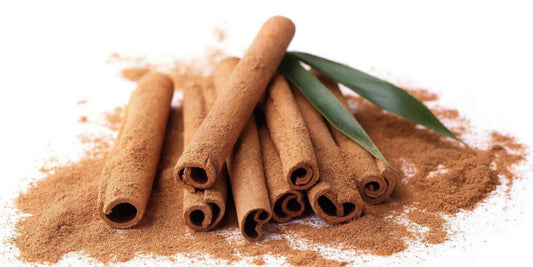Alpha Hydroxy Acids
Alpha-hydroxy acids are naturally occurring acids, derived from the sugars in particular plants. Some examples are Glycolic Acid (Sugar Cane), Lactic Acid (Milk), Tartaric Acid (Grapes), Citric Acid (Citrus Fruits), Malic Acid (Apples), and Mandelic Acid (Bitter Almonds). These acids work at the very base of the stratum corneum, dissolving the cement that holds dead skin cells together. This increases cell turnover and influences the structure of new stratum corneum being made. This results in skin that is more flexible, more smooth, and more even in tone. At greater concentrations (12%-40%), deeper dermal effects, such as higher amounts of mucopolysaccharides and collagen and increased skin thickness, are observed. Eventually, alpha hydroxy acids will produce skin that is softer, smoother, less wrinkled, less dehydrated, and more even in skin tone.
Grape seed extract contains chemicals known as polyphenols, (including the subclass of proanthocyanidins), which are recognized to be effective antioxidants. Substances thought to protect body cells from damage caused by a chemical process called oxidation, which produces oxygen free radicals; antioxidants are believed to work in a number of ways. They may lessen oxidation, they may inactivate oxygen free radicals, and/or they may restore at least some normal functioning to tissues damaged by oxygen free radicals.



